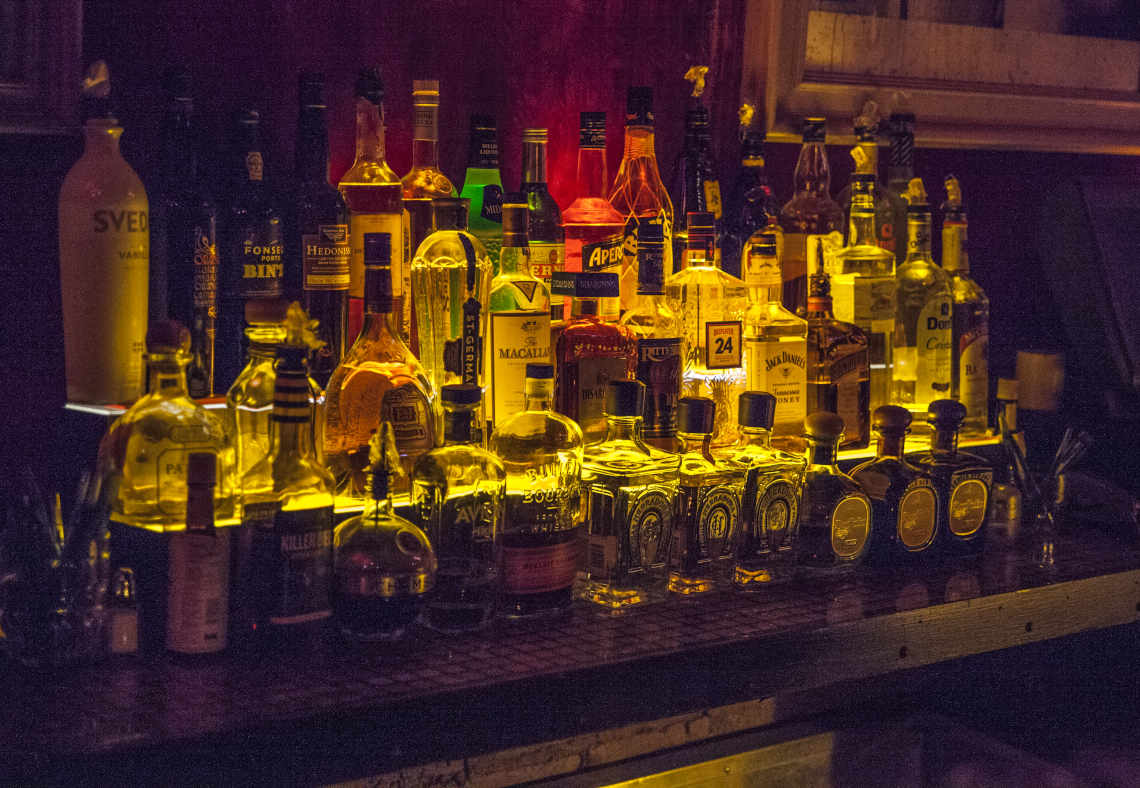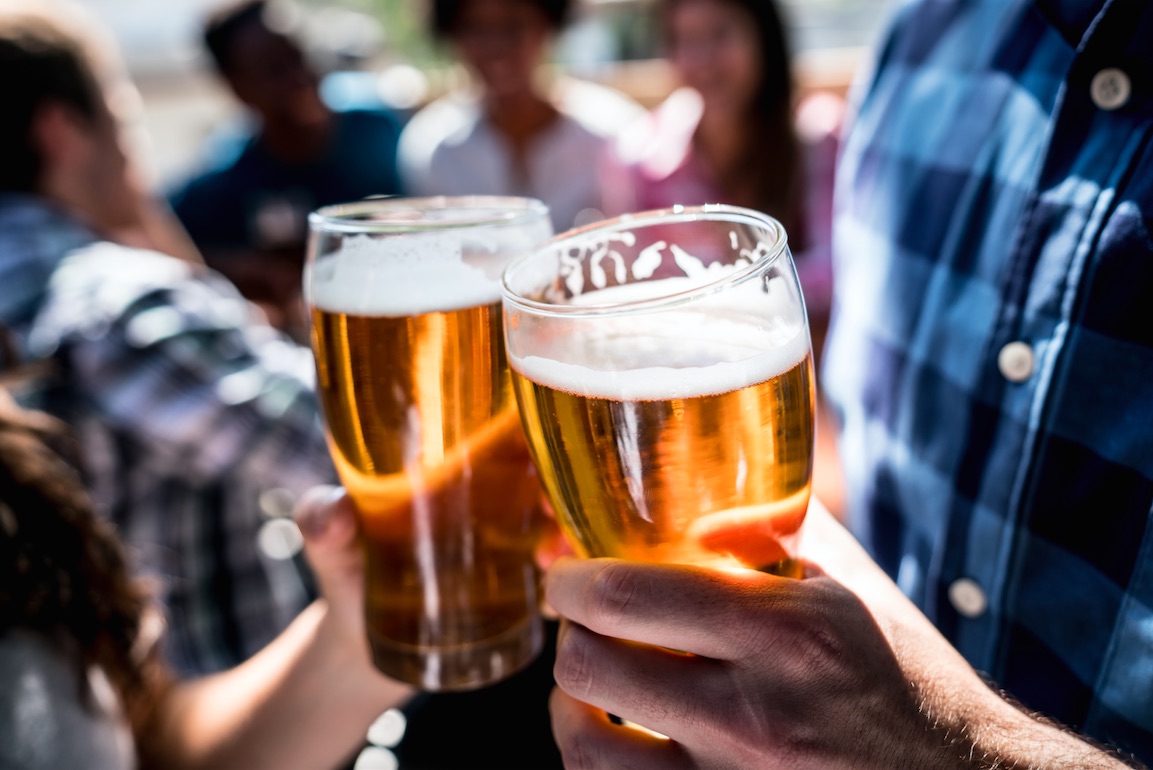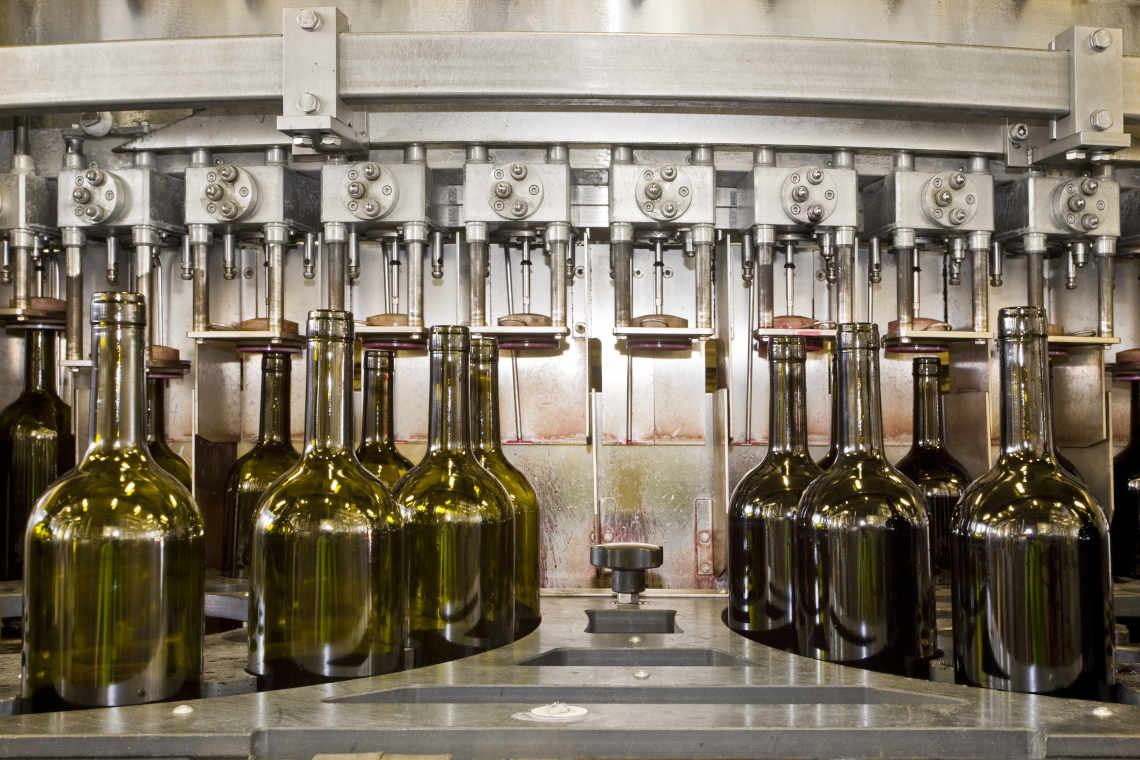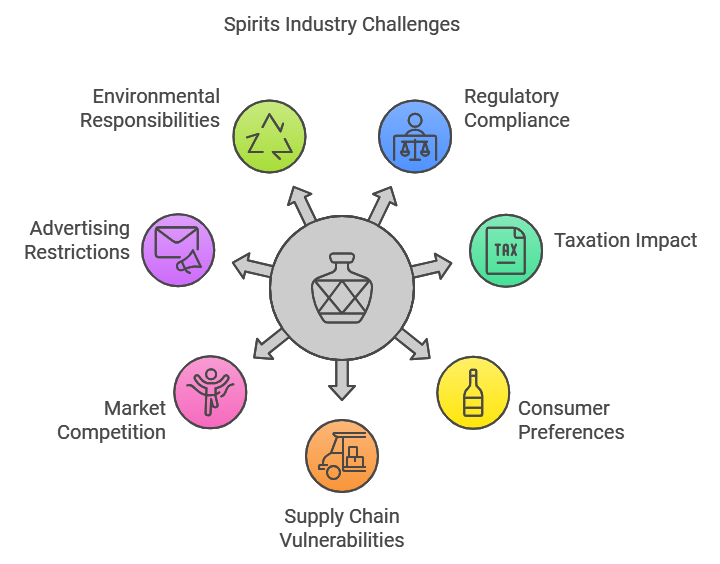Spirits Market Research

The spirits market is a dynamic and fast-growing sector of the beverage industry, – and with the growing popularity of craft, premium, and aged spirits, the market presents opportunities and challenges for businesses looking to succeed in this competitive landscape. That’s why spirits market research helps companies navigate the industry’s complexities, identify key market trends, and develop successful strategies.
What Is Spirits Market Research?
Spirits market research provides businesses valuable insights into market trends, consumer preferences, competitor strategies, and regulatory issues affecting the industry. It covers various areas, including market size and growth projections, consumer demographics and behavior, distribution channels, pricing strategies, and brand perception.
Why Is Spirits Market Research So Critical Today?
Market research allows businesses to gain insights into consumer preferences, including flavors, packaging, and branding trends. It helps companies to tailor their products to meet the needs and desires of their target audience.
Spirits market research helps businesses identify new market opportunities, such as emerging consumer segments or untapped geographic markets. Similarly, this market research provides valuable insights into consumer preferences and trends, which can inform product development efforts. Businesses can use this information to create new products or improve existing ones to better meet consumer demand.
Furthermore, market research helps businesses understand how to market their products to their target audience effectively. However, spirits market research offers several additional benefits for businesses in the industry, including:
- Better Understanding of Consumer Needs: It helps businesses understand consumer preferences and needs, allowing them to tailor their products and marketing strategies to meet these needs better.
- Identification of Market Trends: By conducting market research, businesses can identify emerging trends in the spirits market, such as the growing popularity of craft spirits or the rise of health-conscious consumers.
- Competitive Analysis: Market research allows businesses to assess their competitors’ strategies and offerings, helping them stay ahead of the competition.
- Risk Mitigation: By understanding market trends and consumer preferences, businesses can reduce the risk of launching products that may not resonate with their target audience.
- Strategic Planning: This market research provides businesses with valuable insights that can inform their strategic planning efforts, helping them set goals and allocate resources more effectively.
When Should You Conduct Spirits Market Research?

Spirits market research should be conducted at various stages of a product’s lifecycle and business operations:
- Market Entry: Before entering a new market, businesses should research to understand the market dynamics, consumer preferences, and competition.
- Product Development: Market research should be conducted during the product development to ensure that the product meets consumer needs and preferences.
- Marketing Campaigns: Market research should be conducted before marketing campaigns to ensure the messaging resonates with the target audience.
- Competitor Analysis: Market research should be ongoing to monitor competitor activity and identify market opportunities and threats.
- Strategic Planning: Market research should be used in strategic planning to identify long-term trends and opportunities for growth.
What Are the Advantages of Conducting Spirits Market Research with SIS?
When businesses engage SIS International for spirits market research, they can anticipate a range of insightful outcomes that will empower them to make informed decisions. These expected results include:
- Market Overview: A comprehensive analysis of the spirits market, including size, growth trends, and key drivers. This overview helps businesses understand the market landscape and identify growth opportunities.
- Competitive Landscape: A detailed examination of the competitive landscape, including profiles of key players, their market share, and strategies. This analysis aids businesses in understanding their position in the market and identifying areas for differentiation.
- Distribution Channels: Analyzing effective distribution channels for spirits can help businesses optimize their supply chain and reach their target market more efficiently.
- Pricing Strategies: Insights into pricing trends and strategies within the spirits market, enabling businesses to set competitive prices that attract consumers while ensuring profitability.
- Regulatory Environment: An overview of the regulatory environment affecting the spirits market, including taxation and advertising restrictions. This information is essential for ensuring compliance and avoiding legal issues.
- Market Trends: Identify emerging trends in the spirits market, such as the growing popularity of craft and premium spirits. Staying abreast of these trends allows businesses to stay ahead of the curve and capitalize on new opportunities.
- Opportunities and Challenges: Identification of key opportunities and challenges in the spirits market, enabling businesses to develop strategies that leverage opportunities and mitigate risks.
- Market Forecasts: Projections of future market trends and growth opportunities in the spirits market, assisting businesses in long-term planning and strategy development.
Leading Player in the Market
The spirits market is dominated by several key players, including:
- Diageo: Diageo is a global leader in the spirits industry, with a diverse portfolio of brands, including Johnnie Walker, Smirnoff, and Tanqueray.
- Pernod Ricard: Pernod Ricard is another major player in the spirits market, known for brands such as Absolut Vodka, Chivas Regal, and Jameson.
- Bacardi Limited: Bacardi Limited is a significant player in the rum market, with brands like Bacardi Rum and Grey Goose vodka.
- Beam Suntory: Beam Suntory is known for brands like Jim Beam bourbon, Maker’s Mark, and Courvoisier cognac.
Opportunities

The spirits market presents several opportunities for businesses looking to enter or expand their presence in the industry:
- Craft and Artisanal Spirits: The growing trend towards craft and artisanal spirits presents an opportunity for businesses to create unique, high-quality products that cater to niche markets.
- Flavored Spirits: Flavored spirits such as flavored vodkas and rums, continue to gain popularity among consumers, allowing businesses to innovate and introduce new flavors.
- Health and Wellness Trends: With an increasing focus on health and wellness, there is a growing demand for low-calorie and organic spirits, offering businesses a chance to tap into this market segment.
- Sustainability Practices: Consumers are becoming more environmentally conscious, allowing businesses to adopt sustainable practices in sourcing, producing, and packaging spirits.
- Emerging Markets: Emerging markets, especially in Asia-Pacific and Latin America, offer significant growth opportunities for businesses in the spirits industry, driven by rising disposable incomes and changing consumer preferences.
Spirits Market Restraints to Consider
Investing in the spirits market presents exciting opportunities but also challenges that need to be carefully evaluated. A solid spirits market research strategy will help identify and navigate these limitations, giving investors a realistic perspective on potential risks. Here are vital constraints that impact the spirits market:

1. Regulatory and Compliance Challenges
The spirits industry faces stringent regulations that vary widely across regions, affecting everything from production and labeling to advertising and distribution. In many countries, strict laws govern alcohol sales, and these regulations can change quickly.
2. Taxation and Tariffs
High taxes on spirits, excise duties, and import tariffs can significantly impact profitability. For example, tariffs on imports or exports can limit market expansion and raise product prices, potentially reducing consumer demand. Understanding regional tax structures and trade policies through spirits market research can help investors gauge potential costs and make more informed financial projections.
3. Evolving Consumer Preferences
Consumer tastes in the spirits market are constantly evolving, with trends such as health-conscious drinking and sustainability preferences rising. Shifts toward low- and no-alcohol alternatives, craft spirits, and ethical production practices mean that brands must innovate to stay relevant. This rapid change can be challenging to keep up with, making thorough spirits market research crucial for understanding and responding to these shifting preferences.
4. Supply Chain Vulnerabilities
The spirits industry often relies on specific ingredients and aging processes, making it vulnerable to supply chain disruptions. Natural disasters, ingredient shortages, or transportation delays can impact production timelines and increase costs.
5. High Competition and Market Saturation
The spirits market is highly competitive, with established brands and new entrants vying for consumer attention. As premiumization and niche segments grow, smaller brands must find unique value propositions to stand out, which can be costly and complex.
6. Marketing and Advertising Restrictions
Marketing spirits often involves navigating strict advertising restrictions, especially in digital and television spaces, where targeting minors and promoting responsible drinking are critical concerns. Regulations can limit advertising options, requiring brands to develop creative yet compliant marketing strategies.
7. Environmental and Social Responsibilities
Sustainability and corporate responsibility have become priorities for many consumers, which pressure spirits brands to adopt eco-friendly practices. From reducing carbon emissions in production to responsible sourcing, meeting these expectations requires significant investment. .
What Makes SIS International Research the Top Market Research Firm in the Spirits Market?
SIS International brings a distinctive edge to spirits market research, offering a deep understanding of consumer behavior, brand positioning, and industry trends essential to excelling in this dynamic sector. With expertise in global markets and localized preferences, we provide spirits brands with valuable insights to navigate evolving consumer tastes and regulations. Here are seven reasons why SIS International is the go-to firm for spirits market research:
1. In-Depth Consumer Insights
We specialize in capturing detailed profiles of consumer preferences, helping brands understand what drives purchasing decisions, from flavor trends to sustainability concerns. This focus on consumer insights allows our clients to craft targeted marketing strategies that resonate.
2. Expertise in Emerging Market Trends
With an eye on the future, SIS identifies critical trends within the spirits market, such as low-alcohol and non-alcoholic options, craft distilling, and premiumization. Our clients gain a competitive edge by understanding shifts in consumer demand before they fully materialize.
3. Comprehensive Regulatory Knowledge
Navigating the complex regulatory environment of the spirits industry requires precision and experience. Our expertise ensures that brands remain compliant with local and international standards, from labeling to distribution regulations.
4. Brand Positioning and Competitive Analysis
We deliver insightful competitive analyses, helping spirits brands position themselves effectively within the crowded market. By understanding competitors’ strengths and weaknesses, SIS International enables brands to stand out and build unique value propositions.
5. Innovation Support Through Data-Driven Insights
Through advanced data analytics, SIS International highlights opportunities for product innovation in the spirits sector, supporting brands in introducing new flavors, packaging designs, or eco-friendly options that align with consumer trends.
6. Global Reach with Local Expertise
With a solid global presence, SIS International can identify local market variations and preferences, which are essential for brands expanding into international markets. Our regional insights help clients adapt to specific market dynamics in Asia, Europe, and North America.
7. Proven Track Record with Top Spirits Brands
SIS International is trusted by some of the world’s leading spirits brands and is renowned for delivering high-quality, actionable insights. Our clients value the depth of our research and our commitment to helping them succeed in a competitive industry.
About SIS International Spirits Market Research
SIS International offers Quantitative, Qualitative, and Strategy Research. We provide data, tools, strategies, reports, and insights for decision-making. We also conduct interviews, surveys, focus groups, and other Market Research methods and approaches. Contact us for your next Market Research project.


